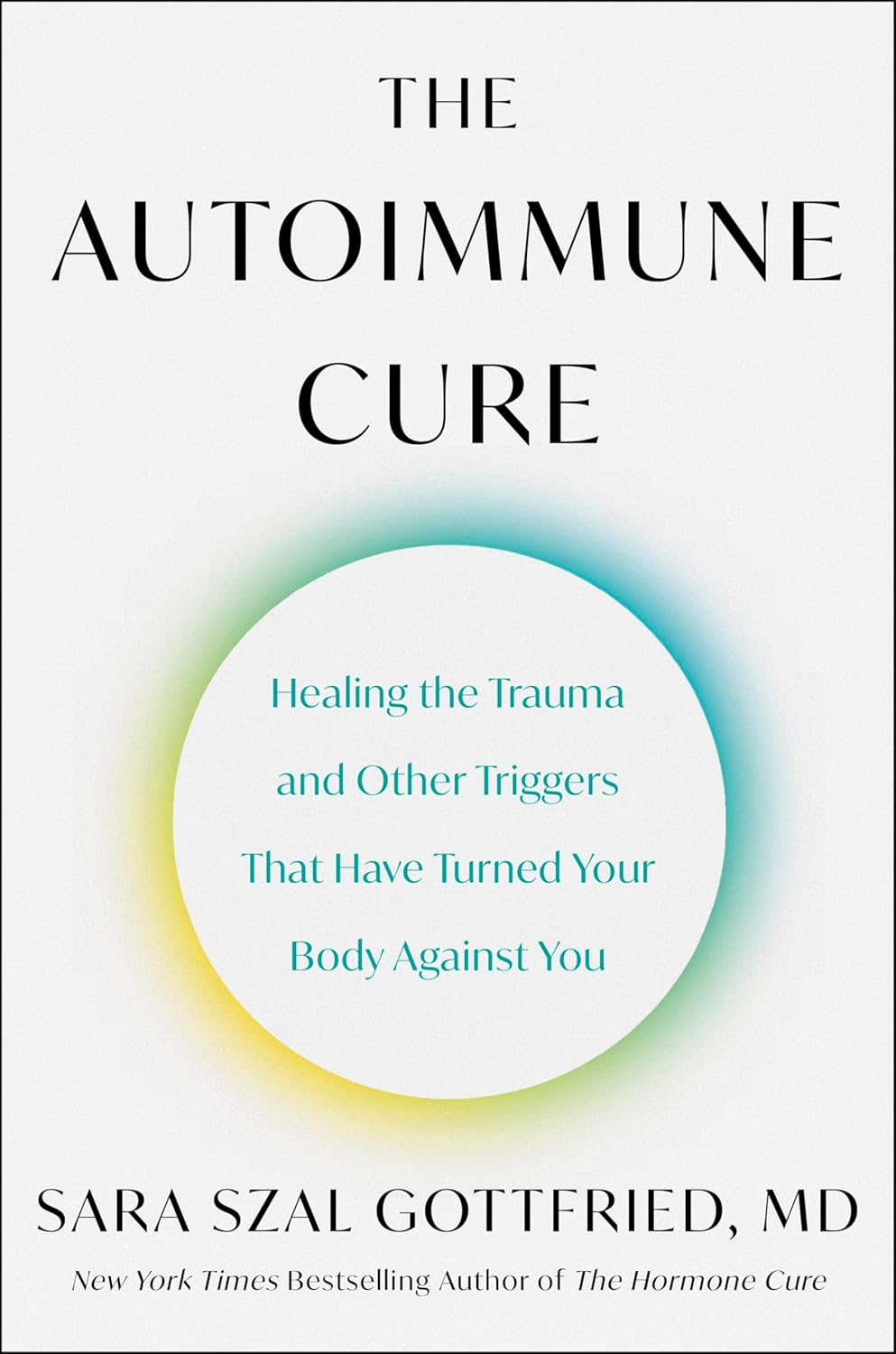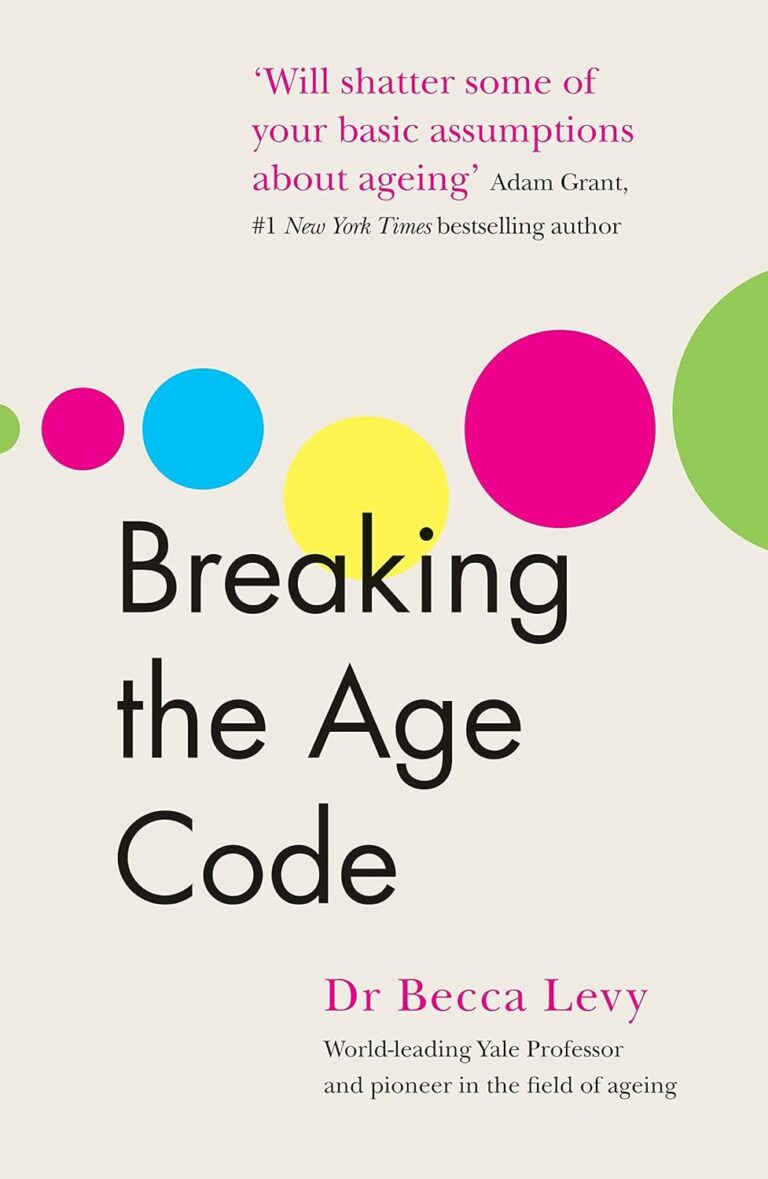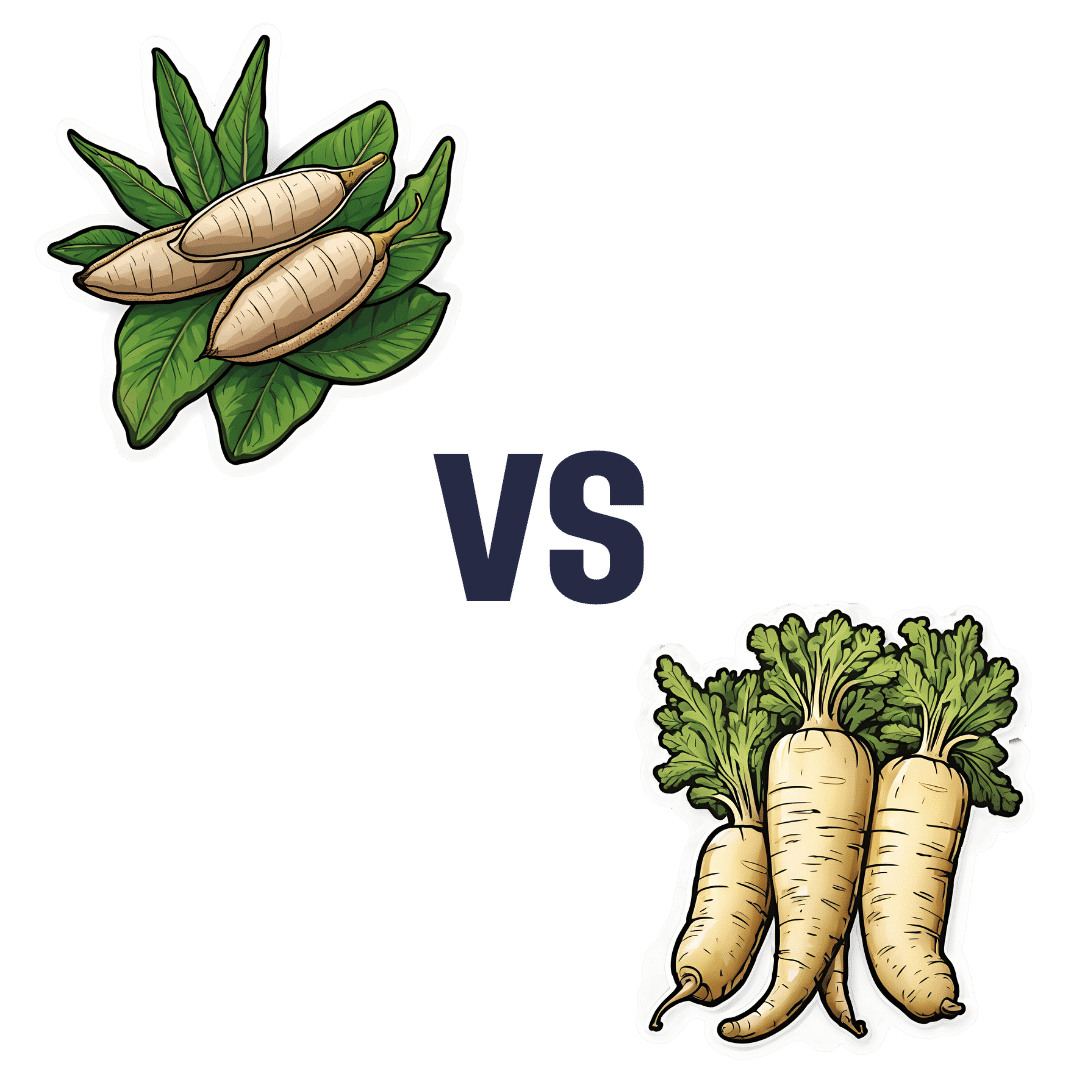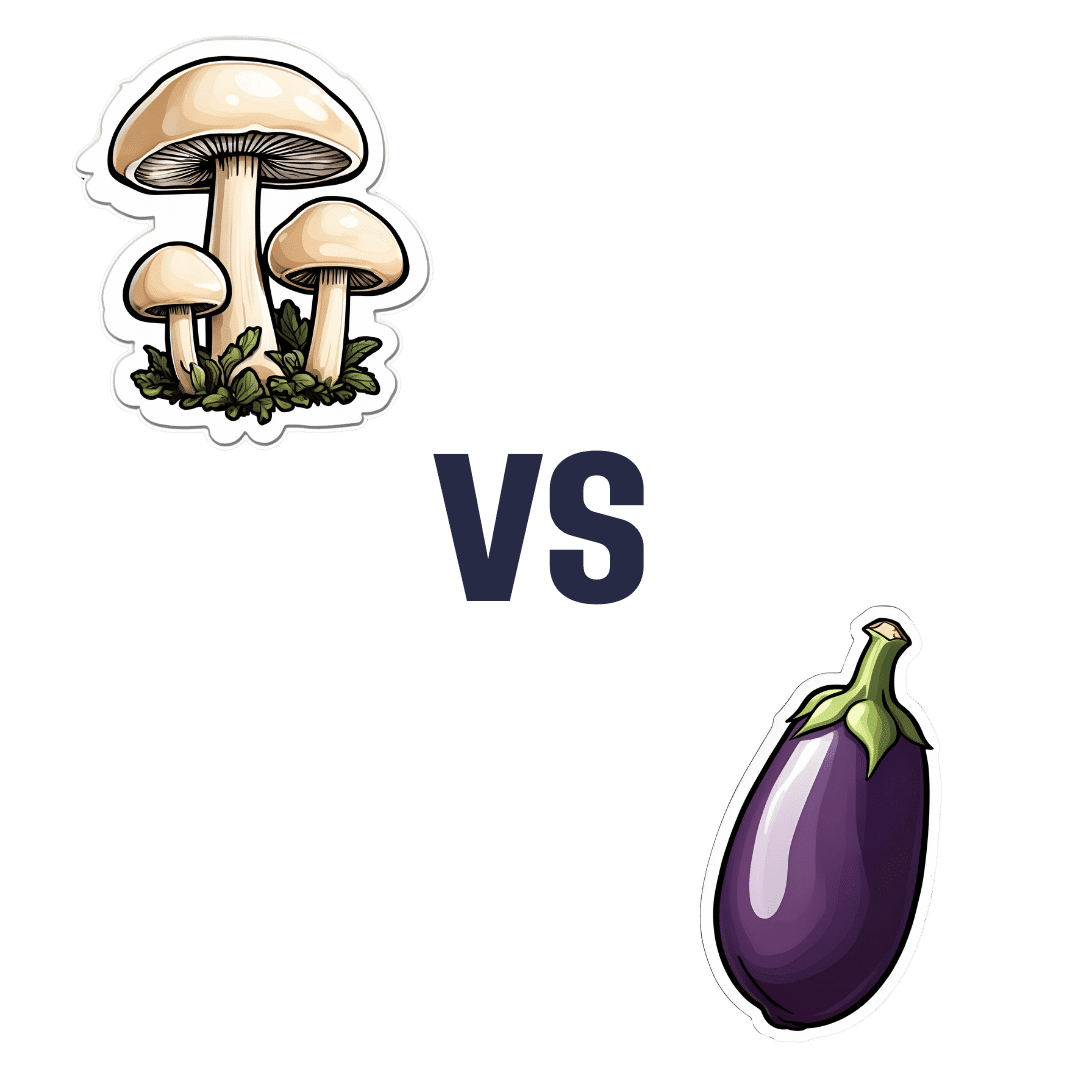
The Autoimmune Cure – by Dr. Sara Gottfried
10almonds is reader-supported. We may, at no cost to you, receive a portion of sales if you purchase a product through a link in this article.
We’ve featured Dr. Gottfried before, as well as another of her books (“Younger”), and this one’s a little different, and on the one hand very specific, while on the other hand affecting a lot of people.
You may be thinking, upon reading the subtitle, “this sounds like Dr. Gabor Maté’s ideas” (per: “When The Body Says No”), and 1) you’d be right, and 2) Dr. Gottfried does credit him in the introduction and refers back to his work periodically later.
What she adds to this, and what makes this book a worthwhile read in addition to Dr. Maté’s, is looking clinically at the interactions of the immune system and nervous system, but also the endocrine system (Dr. Gottfried’s specialty) and the gut.
Another thing she adds is more of a focus on what she writes about as “little-t trauma”, which is the kind of smaller, yet often cumulative, traumas that often eventually add up over time to present as C-PTSD.
While “stress increases inflammation” is not a novel idea, Dr. Gottfried takes it further, and looks at a wealth of clinical evidence to demonstrate the series of events that, if oversimplified, seem unbelievable, such as “you had a bad relationship and now you have lupus”—showing evidence for each step in the snowballing process.
The style is a bit more clinical than most pop-science, but still written to be accessible to laypersons. This means that for most of us, it might not be the quickest read, but it will be an informative and enlightening one.
In terms of practical use (and living up to its subtitle promise of “cure”), this book does also cover all sorts of potential remedial approaches, from the obvious (diet, sleep, supplements, meditation, etc) to the less obvious (ketamine, psilocybin, MDMA, etc), covering the evidence so far as well as the pros and cons.
Bottom line: if you have or suspect you may have an autoimmune problem, and/or would just like to nip the risk of such in the bud (especially bearing in mind that the same things cause neuroinflammation and thus, putatively, depression and dementia too), then this is one for you.
Click here to check out the Autoimmune Cure, and take care of your body and mind!
Don’t Forget…
Did you arrive here from our newsletter? Don’t forget to return to the email to continue learning!
Recommended
Learn to Age Gracefully
Join the 98k+ American women taking control of their health & aging with our 100% free (and fun!) daily emails:
-
What Are Nootropics, Really?
10almonds is reader-supported. We may, at no cost to you, receive a portion of sales if you purchase a product through a link in this article.
What are nootropics, really?
A nootropic is anything that functions as a cognitive enhancer—in other words, improves our brainpower.
These can be sensationalized as “smart drugs”, misrepresented excitingly in science fiction, meme-ified in the mundane (“but first, coffee”), and reframed entirely, (“exercise is the best nootropic”).
So, clearly, “nootropics” can mean a lot of different things. Let’s look at some of the main categories…
The neurochemical modulators
These are what often get called “smart drugs”. They are literally drugs (have a chemical effect on the body that isn’t found in our diet), and they affect the levels of certain neurotransmitters in the brain, such as by:
- Adding more of that neurotransmitter (simple enough)
- Decreasing the rate at which we lose that neurotransmitter (re-uptake inhibitors)
- Antagonizing an unhelpful neurotransmitter (doing the opposite thing to it)
- Blocking an unhelpful neurotransmitter (stopping the receptors from receiving it)
“Unhelpful” here is relative and subjective, of course. We need all the neurotransmitters that are in our brain, after all, we just don’t need all of them all the time.
Examples: modafinil, a dopamine re-uptake inhibitor (mostly prescribed for sleep disorders), reduces the rate at which our brains scrub dopamine, resulting in a gradual build-up of dopamine that we naturally produced, so we get to enjoy that dopamine for longer. This will tend to promote wakefulness, and may also help with problem-solving and language faculties—as well as giving a mood boost. In other words, all things that dopamine is used for. Mirtazaрine, an adrenoreceptor agonist (mostly prescribed as an antidepressant), increases noradrenergic neurotransmission, thus giving many other brain functions a boost.
Why it works: our brains need healthy levels of neurotransmitters, in order to function well. Those levels are normally self-regulating, but can become depleted in times of stress or fatigue, for example.
The metabolic brain boosters
These are the kind of things that get included in nootropic stacks (stack = a collection of supplements and/or drugs that complement each other and are taken together—for example, a multivitamin tablet could be described as a vitamin stack) even though they have nothing specifically relating them to brain function. Why are they included?
The brain needs so much fuel. Metabolically speaking, it’s a gas-guzzler. It’s the single most resource-intensive organ of our body, by far. So, metabolic brain boosters tend to:
- Increase blood flow
- Increase blood oxygenation
- Increase blood general health
- Improve blood pressure (this is relative and subjective, since very obviously there’s a sweet spot)
Examples: B-vitamins. Yep, it can be that simple. A less obvious example might be Co-enzyme Q10, which supports energy production on a cellular level, and good cardiovascular health.
Why it works: you can’t have a healthy brain without a healthy heart!
We are such stuff as brains are made of
Our brains are made of mostly fat, water, and protein. But, not just any old fat and protein—we’re at least a little bit special! So, brain-food foods tend to:
- Give the brain the fats and proteins it’s made of
- Give the brain the stuff to make the fats and proteins it’s made of (simpler fats, and amino acids)
- Give the brain hydration! Just having water, and electrolytes as appropriate, does this
Examples: healthy fats from nuts, seeds, and seafood; also, a lot of phytonutrients from greens and certain fruits. Long-time subscribers may remember our article “Brain Food: The Eyes Have It!” on the importance of dietary lutein in reducing Alzheimer’s risk, for example
Why it works: this is matter of structural upkeep and maintenance—our brains don’t work fabulously if deprived of the very stuff they’re made of! Especially hydration is seriously underrated as a nootropic factor, by the way. Most people are dehydrated most of the time, and the brain dehydrates quickly. Fortunately, it rehydrates quickly as well when we take hydrating liquids.
Weird things that sound like ingredients in a witch’s potion
These are too numerous and too varied in how they work to cover here, but they do appear a lot in nootropic stacks and in popular literature on the subject.
Often they work by one of the mechanisms described above; sometimes we’re not entirely sure how they work, and have only measured their effects sufficiently to know that, somehow, they do work.
Examples: panax ginseng is one of the best-studied examples that still remains quite mysterious in many aspects of its mechanism. Lion’s Mane (the mushroom, not the jellyfish or the big cat hairstyle), meanwhile, is known to contain specific compounds that stimulate healthy brain cell growth.
Why it works: as we say, it varies so much from on ingredient to another in this category, so… Watch out for our Research Review Monday features, as we’ll be covering some of these in the coming weeks!
(PS, if there’s any you’d like us to focus on, let us know! We always love to hear from you. You can hit reply to any of our emails, or use the handy feedback widget at the bottom)
Share This Post
-
Coca-Cola vs Diet Coke – Which is Healthier?
10almonds is reader-supported. We may, at no cost to you, receive a portion of sales if you purchase a product through a link in this article.
Our Verdict
When comparing Coca-Cola to Diet Coke, we picked the Diet Coke.
Why?
While the Diet Coke is bad, the Coca-Cola has mostly the same problems plus sugar.
The sugar in a can of Coca-Cola is 39g high-fructose corn syrup (the worst kind of sugar yet known to humanity), and of course it’s being delivered in liquid form (the most bioavailable way to get, which in this case, is bad).
To put those 39g into perspective, the daily recommended amount of sugar is 36g for men or 25g for women, according to the AHA.
The sweetener in Diet Coke is aspartame, which has had a lot of health risk accusations made against it, most of which have not stood up to scrutiny, and the main risk it does have is “it mimics sugar too well” and it can increase cravings for sweetness, and therefore higher consumption of sugars in other products. For this reason, the World Health Organization has recommended to simply reduce sugar intake without looking to artificial sweeteners to help.
Nevertheless, aspartame has been found safe (in moderate doses; the upper tolerance level would equate to more than 20 cans of diet coke per day) by food safety agencies ranging from the FDA to the EFSA, based on a large body of science.
Other problems that Diet Coke has are present in Coca-Cola too, such as its acidic nature (bad for tooth enamel) and gassy nature (messes with leptin/ghrelin balance).
Summary: the Diet Coke is relatively less unhealthy, but is still bad in numerous ways, and remains best avoided.
Read more:
Share This Post
-
Cassava vs Parsnip – Which is Healthier?
10almonds is reader-supported. We may, at no cost to you, receive a portion of sales if you purchase a product through a link in this article.
Our Verdict
When comparing cassava to parsnips, we picked the parsnips.
Why?
This one wasn’t close!
In terms of macros, cassava has more than 2x the carbs while parsnips have nearly 3x the fiber, making for a very clear win for parsnips.
In the category of vitamins, cassava has more of vitamins B3 and C, while parsnips have more of vitamins B1, B2, B5, B6, B9, E, and K, with very large margins of difference in the latter two cases. Another overwhelming win for parsnips.
Looking at minerals, cassava is not higher in any minerals, while parsnips have more calcium, copper, iron, magnesium, manganese, phosphorus, potassium, selenium, and zinc; a very one-sided win for parsnips!
So, by all means enjoy either or both (diversity is good), but there’s a clear winner here today, and it’s parsnips.
Want to learn more?
You might like:
What Do The Different Kinds Of Fiber Do? 30 Foods That Rank Highest
Enjoy!
Share This Post
Related Posts
-
Mushrooms vs Eggplant – Which is Healthier?
10almonds is reader-supported. We may, at no cost to you, receive a portion of sales if you purchase a product through a link in this article.
Our Verdict
When comparing mushrooms to eggplant, we picked the mushrooms.
Why?
First, you may be wondering: which mushrooms? Button mushrooms? White mushrooms? Chestnut mushrooms? Portobello mushrooms? And the answer is yes. Those (and more; it represents most mushrooms that are commonly sold fresh in western supermarkets) are all the same species at different ages; namely, Agaricus bisporus—not to be mistaken for fly agaric, which despite the name, is not even a member of the Agaricus genus, and is in fact Amanita muscari. This is an important distinction, because fly agaric is poisonous, though fatality is rare, and it’s commonly enjoyed recreationally (after some preparation, which reduces its toxicity) for its psychoactive effects. It’s the famous red one with white spots. Anyway, today we will be talking instead about Agaricus bisporus, which is most popular western varieties of “edible mushroom”.
With that in mind, let’s get down to it:
In terms of macros, mushrooms contain more than 3x the protein, while eggplant contains nearly 2x the carbs and 3x the fiber. We’ll call this a tie for macros.
As for vitamins, mushrooms contain more of vitamins B1, B2, B3, B5, B6, B7, B9, B12, D, and choline, while eggplant contains more of vitamins A, E, and K. Most notably for vegans, mushrooms are a good non-animal source of vitamins B12 and D, which nutrients are not generally found in plants. Mushrooms, of course, are not technically plants. In any case, the vitamins category is an easy win for mushrooms.
When it comes to minerals, mushrooms have more copper, iron, phosphorus, potassium, selenium, and zinc, while eggplant has more calcium, magnesium, and manganese. Another easy win for mushrooms.
One final thing worth noting is that mushrooms are a rich source of the amino acid ergothioneine, which has been called a “longevity vitamin” for its healthspan-increasing effects (see our article below).
Meanwhile, in the category of mushrooms vs eggplant, mushrooms don’t leave much room for doubt and are the clear winner here.
Want to learn more?
You might like to read:
The Magic of Mushrooms: “The Longevity Vitamin” (That’s Not A Vitamin)
Take care!
Don’t Forget…
Did you arrive here from our newsletter? Don’t forget to return to the email to continue learning!
Learn to Age Gracefully
Join the 98k+ American women taking control of their health & aging with our 100% free (and fun!) daily emails:
-
How to Fall Asleep Faster: CBT-Insomnia Treatment
10almonds is reader-supported. We may, at no cost to you, receive a portion of sales if you purchase a product through a link in this article.
Insomnia affects a lot of people, and is even more common as we get older. Happily, therapist Emma McAdam is here with a drug-free solution that will work for most people most of the time.
Cognitive Behavioral Therapy for Insomnia (CBTI)
While people think of causes of insomnia as being things such as stress, anxiety, overthinking, disturbances, and so forth, these things affect sleep in the short term, but don’t directly cause chronic insomnia.
We say “directly”, because chronic insomnia is usually the result of the brain becoming accustomed to the above, and thus accidentally training itself to not sleep.
The remedy: cut the bad habit of staying in bed while awake. Lying in bed awake trains the brain to associate lying in bed with wakefulness (and any associated worrying, etc). In essence, we lie down, and the brain thinks “Aha, we know this one; this is the time and place for worrying, ok, let’s get to work”.
So instead: if you’re in bed and not asleep within 15 minutes, get up and do something non-stimulating until you feel sleepy, then return to bed. This may cause some short term tiredness, but it will usually correct the chronic insomnia within a week.
For more details, tips, and troubleshooting with regard to the above, enjoy:
Click Here If The Embedded Video Doesn’t Load Automatically!
Want to learn more?
You might also like to read:
How to Fall Back Asleep After Waking Up in the Middle of the Night
Take care!
Don’t Forget…
Did you arrive here from our newsletter? Don’t forget to return to the email to continue learning!
Learn to Age Gracefully
Join the 98k+ American women taking control of their health & aging with our 100% free (and fun!) daily emails:
-
Pink Himalayan Salt: Health Facts
10almonds is reader-supported. We may, at no cost to you, receive a portion of sales if you purchase a product through a link in this article.
It’s Q&A Day at 10almonds!
Q: Great article about the health risks of salt to organs other than the heart! Is pink Himalayan sea salt, the pink kind, healthier?
Thank you! And, no, sorry. Any salt that is sodium chloride has the exact same effect because it’s chemically the same substance, even if impurities (however pretty) make it look different.
If you want a lower-sodium salt, we recommend the kind that says “low sodium” or “reduced sodium” or similar. Check the ingredients, it’ll probably be sodium chloride cut with potassium chloride. Potassium chloride is not only not a source of sodium, but also, it’s a source of potassium, which (unlike sodium) most of us could stand to get a little more of.
For your convenience: here’s an example on Amazon!
Bonus: you can get a reduced sodium version of pink Himalayan salt too!
Don’t Forget…
Did you arrive here from our newsletter? Don’t forget to return to the email to continue learning!
Learn to Age Gracefully
Join the 98k+ American women taking control of their health & aging with our 100% free (and fun!) daily emails:







